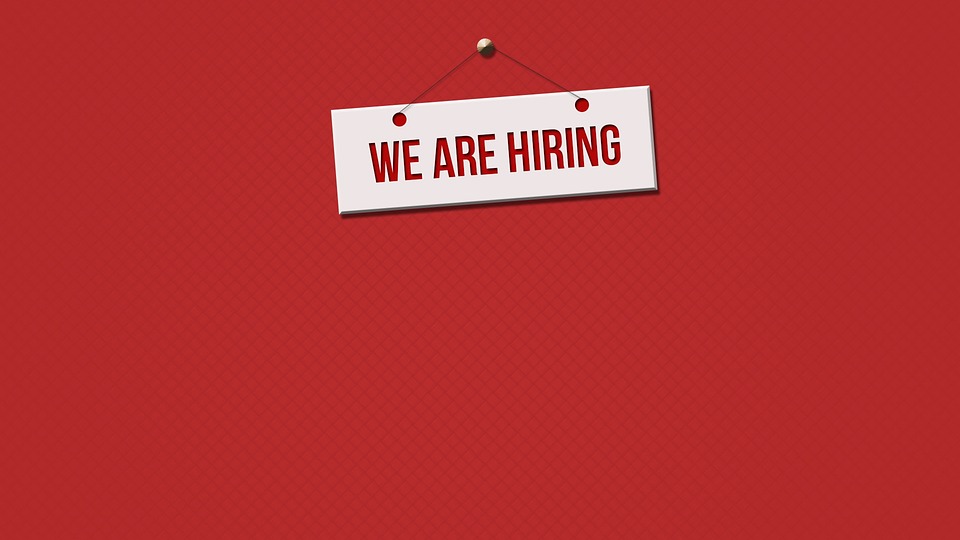Job vs. Career: How to Choose the Path that Aligns with Your Goals
When it comes to deciding between a job and a career, there are several factors to consider. Understanding the difference between the two and how they align with your goals can help you make the right choice for your future.
Distinguishing Between a Job and a Career
A job is typically seen as a short-term position that provides you with a source of income. It may not necessarily align with your long-term goals or aspirations. On the other hand, a career is a long-term pursuit that involves building skills, gaining experience, and advancing in a particular field or industry.
Factors to Consider When Choosing Between a Job and a Career
1. Passion and Interest: Consider what you are passionate about and interested in. Pursuing a career in a field that aligns with your interests can lead to greater job satisfaction and fulfillment.
2. Skills and Abilities: Assess your skills and abilities to determine what you excel at. Choosing a career that allows you to leverage your strengths can lead to success and advancement.
3. Long-Term Goals: Consider your long-term goals and aspirations. A career path that aligns with your goals can provide you with a sense of purpose and direction.
4. Financial Stability: Evaluate the financial aspects of both a job and a career. While a job may offer immediate financial benefits, a career can provide long-term financial stability and growth opportunities.
5. Work-Life Balance: Consider how a job or career can impact your work-life balance. A career that allows for flexibility and personal time may be more appealing in the long run.
FAQs (Frequently Asked Questions)
1. What is the main difference between a job and a career?
The main difference between a job and a career is that a job is typically short-term and focused on providing income, while a career is a long-term pursuit that involves skill development and advancement in a particular field.
2. How can I determine if a job or a career is right for me?
To determine if a job or a career is right for you, consider your interests, skills, long-term goals, financial stability, and work-life balance needs. Choose the path that aligns best with your personal and professional aspirations.
3. What are the benefits of pursuing a career over a job?
Pursuing a career over a job can lead to greater job satisfaction, skill development, advancement opportunities, long-term financial stability, and a sense of purpose and direction in your professional life.
4. How can I transition from a job to a career?
To transition from a job to a career, consider gaining additional skills and experience, networking within your desired industry, setting long-term goals, and seeking opportunities for growth and advancement.
5. Is it possible to have a job and a career simultaneously?
Yes, it is possible to have a job and a career simultaneously. Some individuals may work a job for immediate financial stability while also pursuing a long-term career path that aligns with their goals and aspirations.
6. How important is passion in choosing between a job and a career?
Passion plays a significant role in choosing between a job and a career. Pursuing a career in a field that aligns with your passion and interests can lead to greater job satisfaction, motivation, and success in the long run.
7. What role do skills and abilities play in deciding between a job and a career?
Skills and abilities are essential factors to consider when deciding between a job and a career. Choosing a career that allows you to leverage your strengths and develop new skills can lead to professional growth and advancement opportunities.
8. How can I maintain a healthy work-life balance while pursuing a career?
To maintain a healthy work-life balance while pursuing a career, prioritize self-care, set boundaries between work and personal life, delegate tasks when necessary, and make time for activities that bring you joy and relaxation.
For more information on choosing between a job and a career, check out this helpful article.



